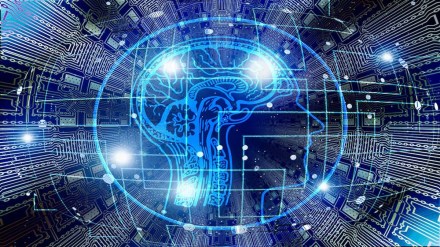Between 2023 and 2024, over 650,000 employees are expected to undergo training in generative AI technology, as India sees surge in AI adoption, with AI-driven initiatives growing 2.7x in these two years, according to a report by Deloitte. So far, over 70 startups offering GenAI solutions have raised more than $590 million in funding from investors.
The report estimates that the GenAI market in India is expected to grow at a compounded annual growth rate (CAGR) of more than 24.4% from 2023 to 2030, which is likely to add between $359-438 billion to the country’s GDP in 2029–30. Currently, sectors such as healthcare, retail, education and agriculture are using GenAI tools to optimise operations and gain competitive advantage.
For example, GenAI technology can offer personalised evaluations of students, monitor crop health and yield for farmers or streamline processes such as candidate screening, talent acquisition, employee engagement and training for human resource professionals.
“Organisations recognise GenAI’s potential to revolutionise their operations, from personalised customer interactions to predictive analytics and automation of routine tasks,” the report said, adding that the accessibility of advanced machine learning algorithms, large language models and the availability of vast amounts of data are fuelling the development and adoption of GenAI tools.
However, such GenAI technology requires robust encryption and access controls to lower the risk of unauthorised access or breaches. “Maintaining the integrity of GenAI models is vital for preventing adversarial attacks and ensuring the reliability of AI-generated outputs,” the report said.
Besides GenAI, India is also poised to excel in spatial computing and industrial metaverse, which merges the digital and physical worlds and offers an immersive experience. For example, virtual reality and augmented reality tools that offer virtual banking experience or immersive training to medical professionals.
With hardware that is more capable of spatial mapping and processing high-fidelity 3D assets, the transformation of metaverse from an entertainment-focused tool into an enterprise-ready productivity tool is now underway, the report said.
